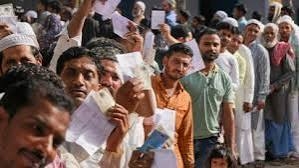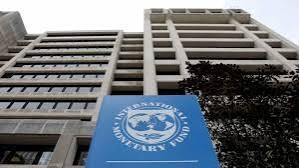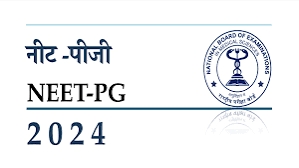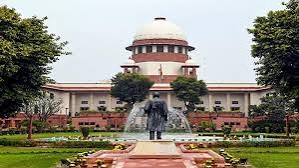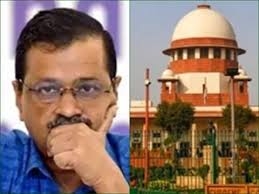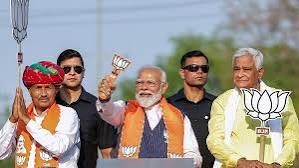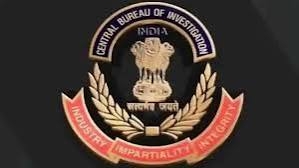The Reserve Bank of India (RBI) on Thursday decided to keep key lending rate unchanged in its August policy review meeting. The six-member monetary policy committee (MPC), headed by RBI governor Shaktikanta Das, kept repo rate untouched at 4 per cent; and reverse repo rate at 3.35 per cent while maintaining the accommodative stance.
Repo rate is the rate at which the RBI lends to banks, while reverse repo rate is at which it borrows from banks.
Here are the top points on RBI's policy review:
* Global economic activity has remained fragile; surge in Covid-19 cases has subdued early signs of revival, RBI governor Das stated.
* India's economic growth to contract in first half of fiscal beginning April 2020: RBI governor
* The fast-changing macroeconomic environment and the deteriorating growth outlook necessitated off-cycle meetings of the MPC -- first in March and then again in May 2020.
* The MPC has cumulatively cut the repo rate by 115 basis points (bps) over these two meetings, resulting in total policy rate reduction of 250 bps since February 2019, with an aim to boost economic growth.
* The central bank has been taking steps proactively to limit the damage to the economy caused by the pandemic and subsequent lockdowns.
* When the RBI cuts rates, banks are expected to pass on the benefit to customers and reduce interest rates on home, auto, personal or other loans which may result in lower EMIs (equated monthly instalments).
* As per a research report by State Bank of India (SBI), banks have cut rates on fresh loans by 72 bps, the fastest transmission ever recorded. However, SBI has cut by an equivalent 115 bps on its repo-linked retail loan portfolio.
* The government has tasked Reserve Bank to keep inflation at 4 per cent (+, - 2 per cent). The central bank mainly factors in CPI (consumer price-based inflation) while formulating the monetary policy.
* As per the latest data, higher prices of food items especially meat, fish, cereals and pulses pushed the retail inflation to 6.09 per cent in June. The inflation rate for the month of July will be announced on August 12.
* Meanwhile, domestic equity indices -- BSE sensex and NSE Nifty -- gained more than half a per cent after the RBI policy outcome.
The Reserve Bank of India (RBI) on Thursday decided to keep key lending rate unchanged in its August policy review meeting. The six-member monetary policy committee (MPC), headed by RBI governor Shaktikanta Das, kept repo rate untouched at 4 per cent; and reverse repo rate at 3.35 per cent while maintaining the accommodative stance.
Repo rate is the rate at which the RBI lends to banks, while reverse repo rate is at which it borrows from banks.
Here are the top points on RBI's policy review:
* Global economic activity has remained fragile; surge in Covid-19 cases has subdued early signs of revival, RBI governor Das stated.
* India's economic growth to contract in first half of fiscal beginning April 2020: RBI governor
* The fast-changing macroeconomic environment and the deteriorating growth outlook necessitated off-cycle meetings of the MPC -- first in March and then again in May 2020.
* The MPC has cumulatively cut the repo rate by 115 basis points (bps) over these two meetings, resulting in total policy rate reduction of 250 bps since February 2019, with an aim to boost economic growth.
* The central bank has been taking steps proactively to limit the damage to the economy caused by the pandemic and subsequent lockdowns.
* When the RBI cuts rates, banks are expected to pass on the benefit to customers and reduce interest rates on home, auto, personal or other loans which may result in lower EMIs (equated monthly instalments).
* As per a research report by State Bank of India (SBI), banks have cut rates on fresh loans by 72 bps, the fastest transmission ever recorded. However, SBI has cut by an equivalent 115 bps on its repo-linked retail loan portfolio.
* The government has tasked Reserve Bank to keep inflation at 4 per cent (+, - 2 per cent). The central bank mainly factors in CPI (consumer price-based inflation) while formulating the monetary policy.
* As per the latest data, higher prices of food items especially meat, fish, cereals and pulses pushed the retail inflation to 6.09 per cent in June. The inflation rate for the month of July will be announced on August 12.
* Meanwhile, domestic equity indices -- BSE sensex and NSE Nifty -- gained more than half a per cent after the RBI policy outcome.








1.jpeg)

